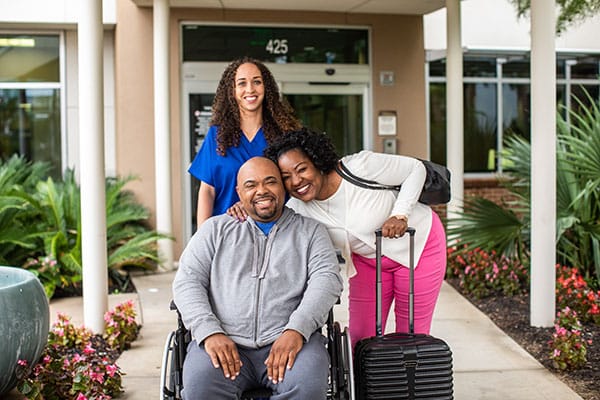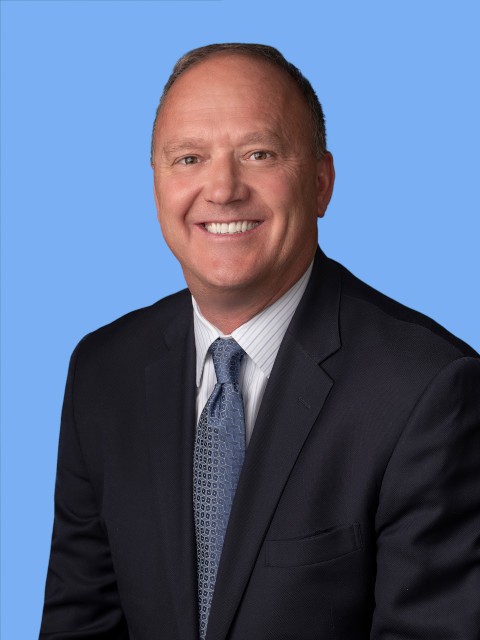Today’s healthcare environment is changing rapidly, resulting in increasing challenges for providers running acute rehabilitation programs. One of the most common obstacles is patient access.
Optimized patient access entails getting the right patients at the right time. It’s essential for a rehab program to have a consistent flow of incoming patients who solidly qualify for acute rehab care. But without a dedicated partner, it can be difficult for providers to assess whether or not patients qualify.

This is because many factors must be considered when evaluating if a patient meets the stringent criteria required for rehab care. Medicare and other payers have their own standards for determining if rehab is the best solution for a patient. When providers and payers aren’t in agreement on which patients qualify, it can result in costly reimbursement disputes.
Another critical aspect of patient access is adequate patient education. Unlike other forms of care, rehab requires patients to actively participate in their treatment. It is necessary for them to be thoroughly informed about program requirements prior to admittance. Highly competent clinical liaisons and patient advocates are therefore vital to the success of rehab programs.
3 Key Solutions
Addressing all of the aforementioned issues takes strategy and specialized expertise. Deploy these solutions to optimize patient access for your rehabilitation program.
- Clinical Liaison Identification
Recruiting staff must be trained to find the most competent clinical liaisons (patient advocates) via a thorough vetting process. In order to identify the right patients, clinical liaisons need ongoing feedback from management, plus regular training to understand patient access criteria. - Accreditation
Providers who aren’t accredited are prone to underperformance and limited in the types of patients they can treat. By achieving accreditation, providers can maximize their program’s scope and optimize care delivered. CARF-accredited programs increase their annual persons-served by 26%. - Individual Program Implementation
Rehab programs are more effective when they have specialized expertise and programs to treat specific conditions. By providing specialized care, such programs create a clear framework for patient qualification, reduce hospitalizations and secure better patient outcomes overall.
By applying these solutions to your facility’s rehab program, you can gain access to a wider number of patients and minimize reimbursement disputes. .
We work with rehab programs across the country to help them increase patient access for compliant patients and improve outcomes. To learn how your hospital can benefit from partnership, contact us today.

